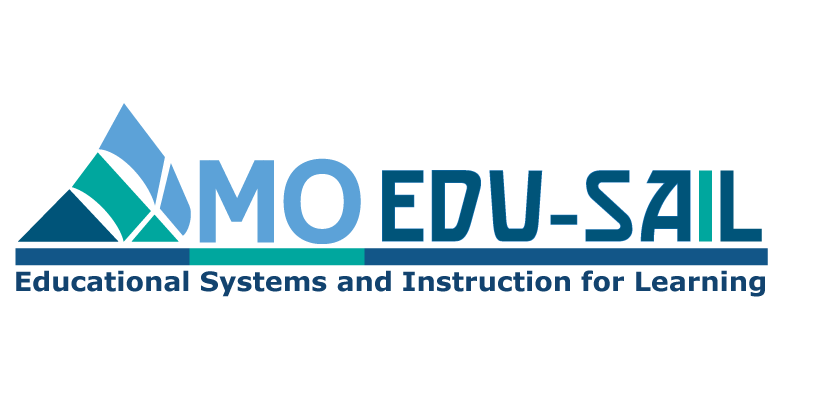Importance
Overview
Unpacking
What is the role of the leadership team in attending to the “intellectual stimulation” of themselves and the school faculty?
In School Leadership that Works, intellectual stimulation is referred to as “the extent to which school leaders ensure that faculty and staff are aware of the most current theories and practices regarding effective schooling and make discussions of those theories and practices a regular aspect of the school’s culture.” Second order change requires deep learning and reflection upon current practices. Leaders must make new learning part of the fabric and culture of their school. School leaders who pay particular attention to the intellectual stimulation of faculty and staff exhibit the following characteristics and behaviors:
- They continually expose staff to cutting-edge research and theory on effective schooling;
- They personally keep informed about current research and theory on effective schooling, and;
- They foster systematic discussion regarding current research and theory on effective schooling.
In our current educational environment of economic austerity, it is often difficult to provide opportunities for all staff members to leave the school building and attend professional conferences and workshops. Consequently, in effective schools, leadership team members become the liaisons between new learning through external conferences, workshops, trainings, etc., and the faculty/staff in their buildings. Leadership teams decide how best to share new information with staff members, either through study groups, all faculty in-house workshops, or being intentional about stimulating dialogue around new information during regular collaborative team meetings.
In effective schools, it becomes evident that the culture supports intellectual stimulation when leaders begin modeling and using specific terminology related to new theory and research and teachers throughout the building begin doing so as well. But it is truly evident that deep learning is occurring when students are heard to regularly use the same terms and “language of learning” that they hear from their teachers.
In Action
Either individually, or as a leadership team, reflect upon current theory, research and practice which is important to the work of your school, and what processes you might use to embed this into the culture and fabric of your school. Using the 2nd Order Responsibility template, record your own “user friendly” definition of what this responsibility means to you, and name at least one practice your leadership team may choose to concentrate upon to support this responsibility.

